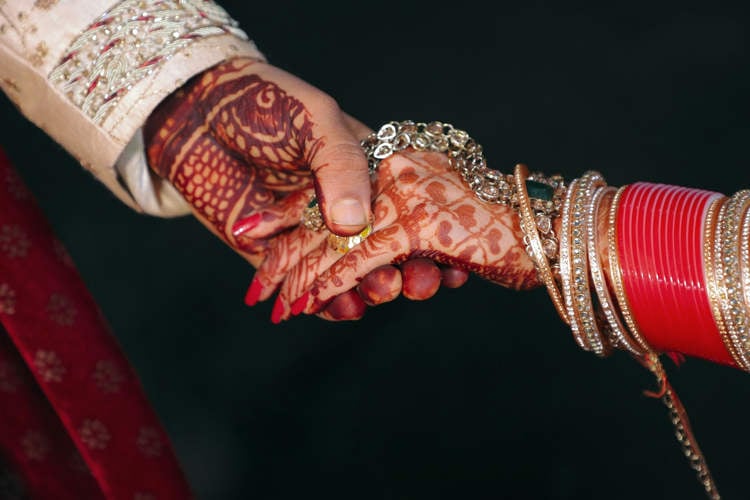Getting a cold drink might seem like the perfect way to relax after a long, hot summer day, but for most Chinese the opposite is true. They routinely consume hot beverages with their meals and all through the day irrespective of the weather. So don’t be surprised if on a balmy day, you see a Chinese person sipping hot water from a thermos!
While the western world might find this bizarre, the Chinese actually think that the Western habit of chugging ice-cold water is very strange. The idea of consuming anything at room temperature or below is, according to them, bad for your health. “In the big family I was brought up in, no one would dare to pour even room temperature water,” journalist Nicole Liu writes for the LA Times. “Doing so would risk a chorus of criticism, with parents, aunts, cousins, and grandparents chastising you almost simultaneously: ‘Cold water gives you cramps!’”

Photo: David Woo
Hot water might be beneficial to a certain extent, but it appears that China’s staunch belief in its healing properties might partially be the result of subliminal messaging. According to Liu, China’s hot water habit can be traced back to 1949, when the quality of tap water wasn’t very good. So the government promoted drinking boiled water as a way of eliminating water-borne bacteria. “There were boiler rooms in every [workplace] and community, and people delivered hot water to each household,” 68-year-old Li Zhenhui told Liu. “They would do it very early in the morning by filling the containers you left outside the door. They kept saying it was for our health and hygiene.”
But the tenets of ancient Chinese medicine cannot be ignored – they also appear to play an important role in the nation’s fondness for hot drinks. The consumption of warm water early in the morning has long since been thought to aid digestion, improve blood circulation, help in detoxification, and relieve soreness of muscles. Cold water, on the other hand was thought to cause muscle cramps and slow down organ function. Hot food, on principle, is never mixed with cold water because that would cause an imbalance of temperatures. In fact, most restaurants in China provide the option of serving soft drinks hot or at room temperature, as opposed to ice-cold in Western countries.

Photo: V.T. Polywoda
Some believe that the habit of consuming plain hot water is derived from the country’s ancient tea culture. Since people have had to boil water to prepare their tea for centuries, they just began consuming plain water along the way. This theory doesn’t hold up as well when you consider China’s neighbors – Korea and Japan – which also have a longstanding tea tradition, but aren’t known to drink hot water.
Whatever the reason, one thing is for sure – consuming hot water is so ingrained into their culture that many Chinese people find it difficult to adjust to cooler drinks served in other parts of the world. “In 2013, while on a road trip from Scotland to England, I endured cold water for four days as we drove through the foggy countryside,” Liu recalls. “On the fifth day, my Chinese stomach could take it no longer, and I begged my husband to stop somewhere to have a proper glass of steaming hot water. My husband, a Brit who has been in Beijing for over five years, readily agreed.” She goes on to describe how shocked the waitress at a local cafe was when they made the ‘bizarre’ request for two mugs of steaming hot water.

Photo: kizzzbeth
But Liu observes that several hospitality services around the world are now ‘warming up’ to the Chinese need for ‘re shui’ (hot water). “Hotels overseas are getting hip to Chinese tourists’ needs, adding amenities like slippers, Chinese-language newspapers and, yes, teakettles,” she writes. A few years ago she was served a Lebanese flight attendant on Emirates airlines, who didn’t speak any Chinese but instantly recognized the words re shui. “One big difference between Chinese tourists and non-Chinese is you’ll be called dozens of times for ‘re shui’, and fewer people drink alcohol,” she told Liu.
It looks like the Chinese are hooked on to hot water for life, and will continue to be so for several generations to come. This is more than evident from scenes of the ongoing legislative sessions in the nation, which repeatedly show waiters serving hot water to senior officials in the conference hall. Some use it to make tea, while others prefer to drink it ‘straight’.
Sources: LA Times, CCTV, Tutor Ming






